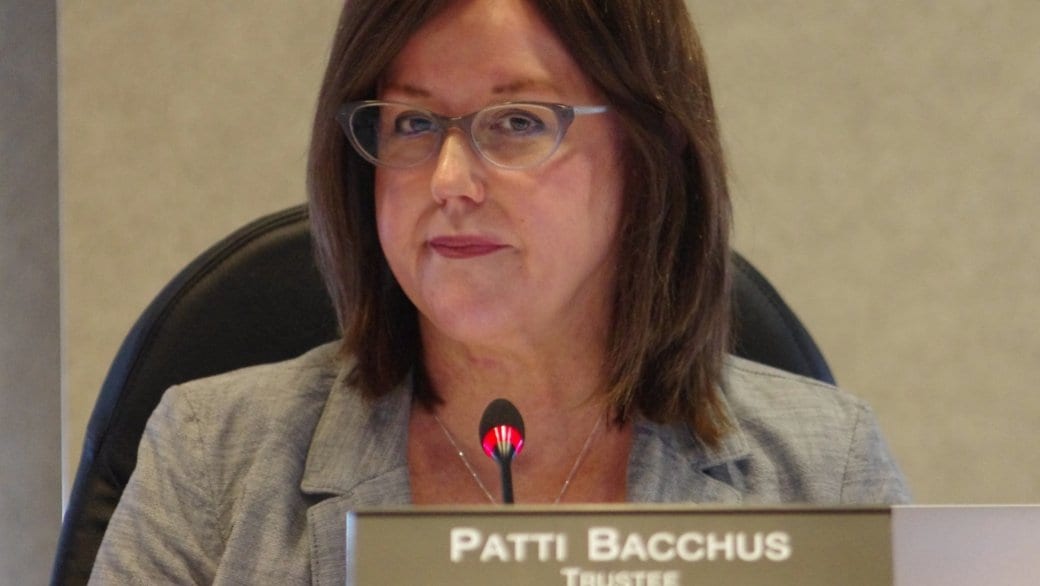The Vancouver School Board may eliminate its anti-homophobia position as part of district-wide cutbacks intended to make up for an anticipated $27 million shortfall in government funding.
”This is the biggest shortfall we’ve ever had in Vancouver and it comes on the heels of multiple years where funding has not kept up with inflation and rising costs,” says VSB trustee Patti Bacchus, who says about 200 positions face possible elimination.
“School districts across BC are closing schools and programs,” she says, “and it really concerns me that we’ve gotten to the level where experiences of students will be significantly affected.”
Part of the anti-homophobia mentor’s job is to ensure the VSB’s pioneering anti-homophobia policy passed in 2004 remains current. Bacchus says the mentor played a critical role in the VSB’s 2014 decision to update the policy to make schools more welcoming to transgender students.
The part-time position (whose hours were already cut in 2010) ensures a dedicated staff person “is looking after the policy and making sure that each part of the policy is being put in place,” says Brandon Yan, who directs the Out in Schools program, which brings queer films into classrooms across BC to help students talk about queer lives.
The mentor “is also in charge of resourcing to make sure that school libraries have books that are representative of LGBT lives and that GSAs [gay-straight alliances] are all over the city and hosting events,” Yan says.
The position was created in 2005 based on a recommendation in the anti-homophobia policy to ensure its ongoing implementation, says former trustee Jane Bouey, who championed the policy.
The policy is important, she says, “but it’s a qualitative step ahead” to have a staff person assigned to do the work in the schools, to train the staff and develop resources and strategies.
She says parents and students routinely contact the anti-homophobia mentor for support and guidance.
“That’s part of how we knew we needed to do the work we needed to do in improving and strengthening the policies and procedures around gender identity,” she says, echoing Bachhus. “It’s because you had someone on staff at the VSB that parents and students could contact and say, ‘I’m not being supported in my school. Help me.’ And they’d work with the students and staff to help them.”
Cutting the position may jeopardize the safety of vulnerable students, Bouey warns.
“I think it will directly impact the well-being of students in the district,” she says. “We know what the situation is like in school districts that don’t do this work. You’re literally talking about the lives of students being at stake.”
Yan hopes the school board is able to save the part-time position, which pays about $55,000 a year.
BC’s education minister Mike Bernier says that’s entirely up to the VSB.
“It’s disappointing that some members of the VSB choose to shortchange students and parents by funding empty classrooms instead of supporting important programs such as this one. These are school district decisions,” Bernier says in an email to Daily Xtra.
The VSB has a “continued pattern” of predicting large deficits in their proposed budgets, even as it fails to deal with under-capacity schools, Bernier alleges.
The BC government supports school boards “that have implemented LGBT-specific policies,” he says.
By law, BC school boards are required to balance their budgets.
The VSB will vote on the preliminary budget proposal on April 28, 2016.

 Why you can trust Xtra
Why you can trust Xtra


